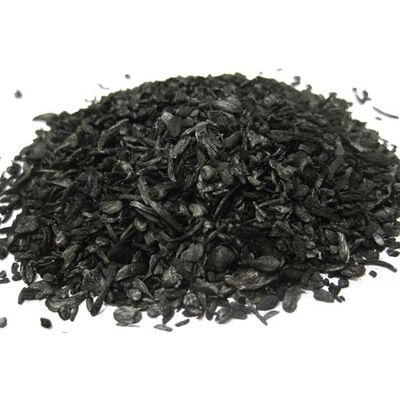

- Home
- Companies
- Beston Group Co., Ltd.
- Articles
- Biochar and Carbon Credit: Pioneering ...

Biochar and Carbon Credit: Pioneering Sustainable Agriculture for a Greener Tomorrow
In a world where environmental concerns are at the forefront of discussions, innovative solutions like biochar are rapidly gaining recognition for their remarkable contributions to sustainability. Moreover, the intriguing concept of carbon credit has emerged as a potent catalyst for supporting the widespread adoption of biochar as a game-changer in the realm of agriculture.
Biochar, a byproduct of thermochemical conversion, has woven itself into the tapestry of sustainable farming practices. Its production, facilitated by advanced biochar production equipment, is a dynamic process that leaves a significant impact on carbon sequestration and soil health.
One of the most compelling aspects of biochar is its ability to enrich soil by serving as a reservoir for carbon. In essence, this process sequesters carbon that might otherwise be released into the atmosphere as harmful greenhouse gases. By binding carbon within the soil matrix, biochar plays a pivotal role in carbon credit generation.
The use of biochar in agriculture is a beacon of hope for a planet grappling with escalating carbon emissions. When applied to soil, this innovative carbon-rich material enhances water retention, nutrient availability, and microbial activity. This not only improves crop yields but also minimizes the need for chemical fertilizers, further reducing the environmental burden.
The synergy between biochar and carbon credits emerges when biochar users are rewarded for their contribution to carbon sequestration. This virtuous cycle is facilitated by governmental or private initiatives that incentivize farmers and landowners to adopt biochar-enhanced agriculture practices. By adhering to these practices, they accumulate carbon credits, which can be traded or sold on the carbon market.
As part of this carbon credit ecosystem, biochar producers and users are recognized as ecological stewards, actively mitigating climate change. Their commitment to soil enrichment and carbon sequestration not only improves the quality of agricultural produce but also provides a revenue stream through carbon credit trading.
The utilization of biochar production equipment is pivotal to maintaining the viability of this sustainable loop. These cutting-edge machines ensure efficient and eco-friendly biochar production, aligning with the principles of circular economy and carbon neutrality. With the right equipment, the biochar produced meets the highest standards and becomes a valuable asset in the carbon credit marketplace.
In conclusion, the dynamic interplay between biochar and carbon credit represents a revolutionary step toward sustainable agriculture and climate change mitigation. By sequestering carbon in the soil and incentivizing responsible farming practices, biochar offers a path to a greener, more prosperous future. In this era of environmental consciousness, biochar is not just a simple soil enhancer, but a formidable ally in the battle against climate change.
